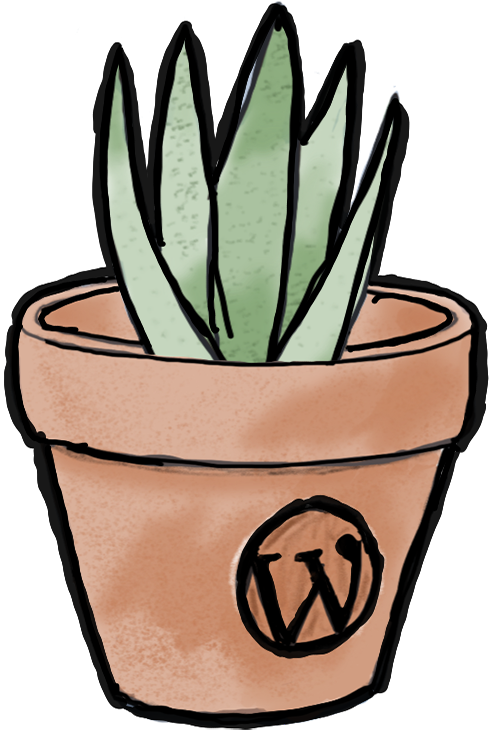This guide is written for the Product Manager at a technology company who has decided to build a WordPress plugin.
Introduction
With a clear product strategy in place and success well defined (refer back to the previous guide if you need a refresher) it’s time to develop a product roadmap for your WordPress plugin.
A product roadmap “translates strategic decisions into actionable plans that provide direction for the development team and other stakeholders” (Strategize). It is a Document (the smaller the better) that you share with key stakeholders (the folks who care about / are affected by your product) to communicate direction, get their input, and facilitate alignment. A roadmap is not a backlog or a checklist of todos (those are important, but different).
In this guide, we’re going to work through creating a product roadmap in the specific context of a WordPress plugin that you can share with your development team to get started.
Choosing A Roadmap Type
Your product roadmap can either be “goal-oriented” or “featured-based”. A goal-oriented roadmap focuses on what you want the plugin to accomplish whereas feature-based focuses on specific functionality (e.g. synchronizing data between systems).
For most new plugins I recommend a goal-oriented roadmap type. For a detailed explanation and further guidance, see the book Strategize
Examples of goals you might use include:
- Create a better experience for existing customers who use WordPress
- Attract new customers on WordPress who haven’t tried your product
Example and Template
I recently created a service called Plugin Curator, which, as the name suggests, provides WordPress users with curated plugin recommendations. I want to make the service more useful to existing users (i.e. visitors of the website) and the logical next step is to offer the service as a plugin accessible from within the WordPress admin.
I’ve put together a Product Roadmap for the plugin, offering high level guidance for the first year of release. You can take a look at it here.
I’ve also put together a template in Google Docs that you can copy and use as a baseline for your own.
Next Steps
Once you’ve draft your plugin roadmap it’s time to begin working on the development backlog. Look for guidance (and practical recommendations) on building out a backlog in an upcoming guide.
Want feedback on your roadmap draft? I’d love to help!
